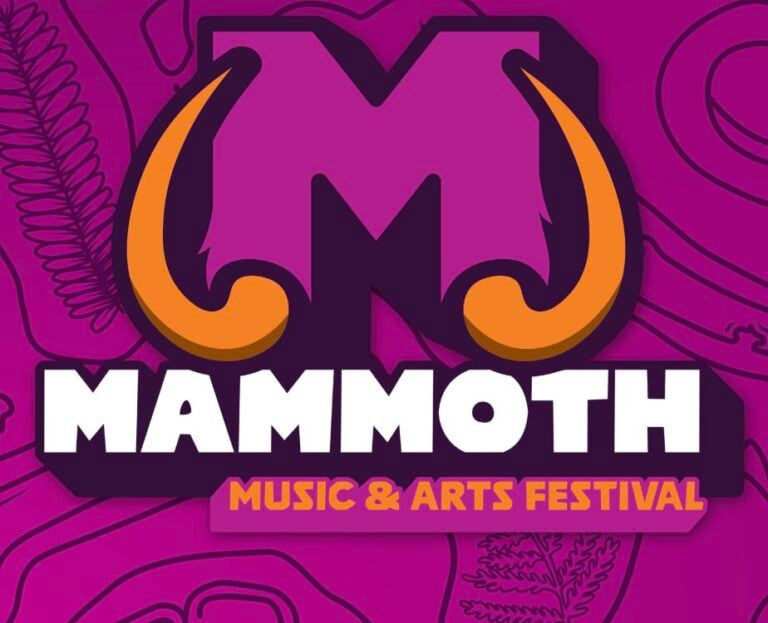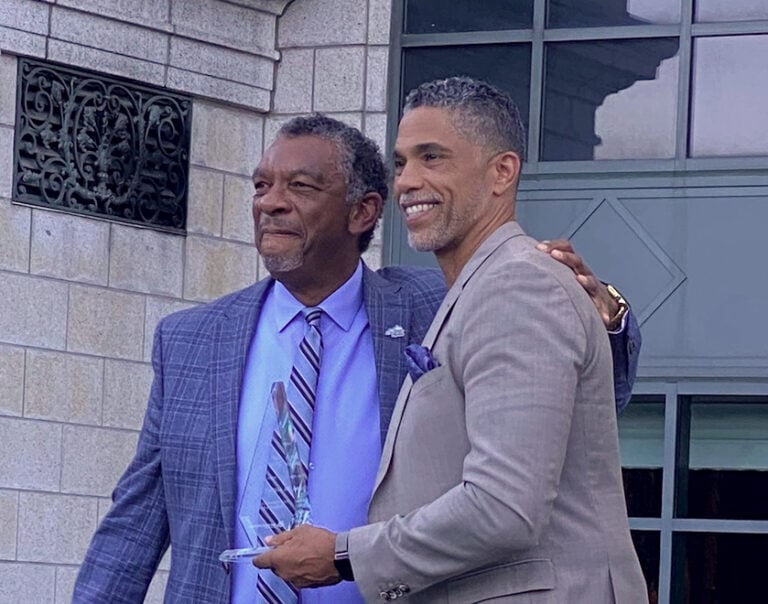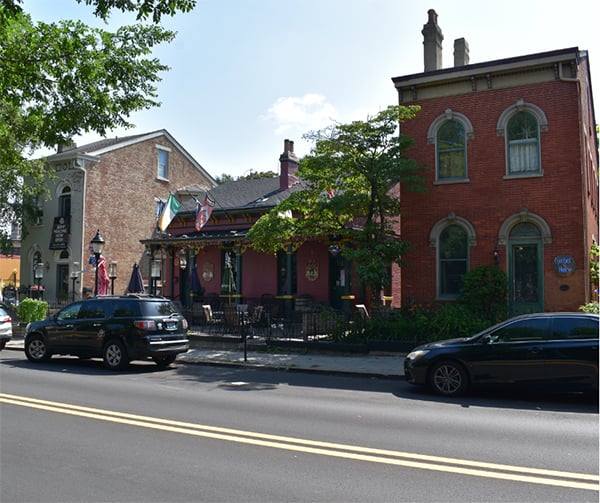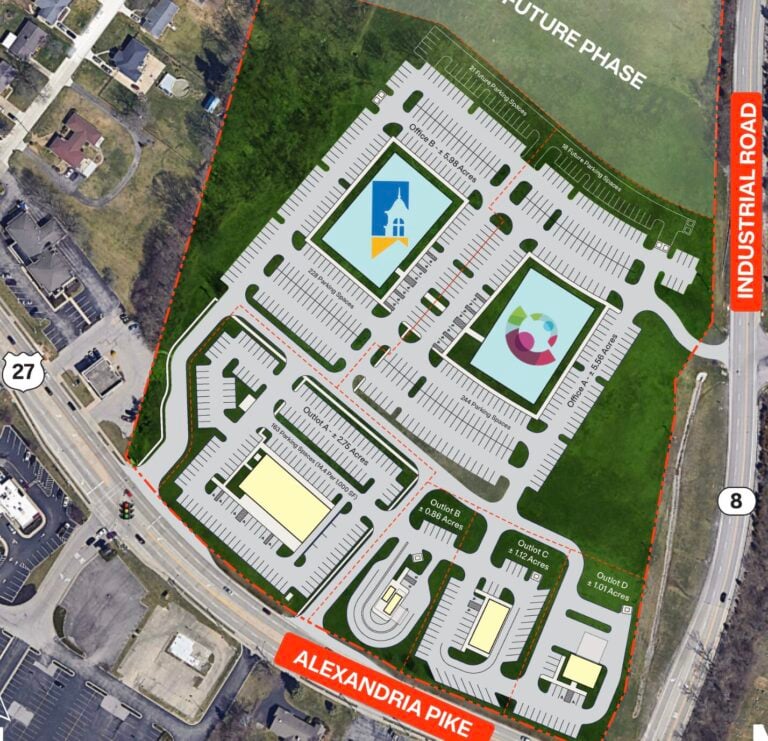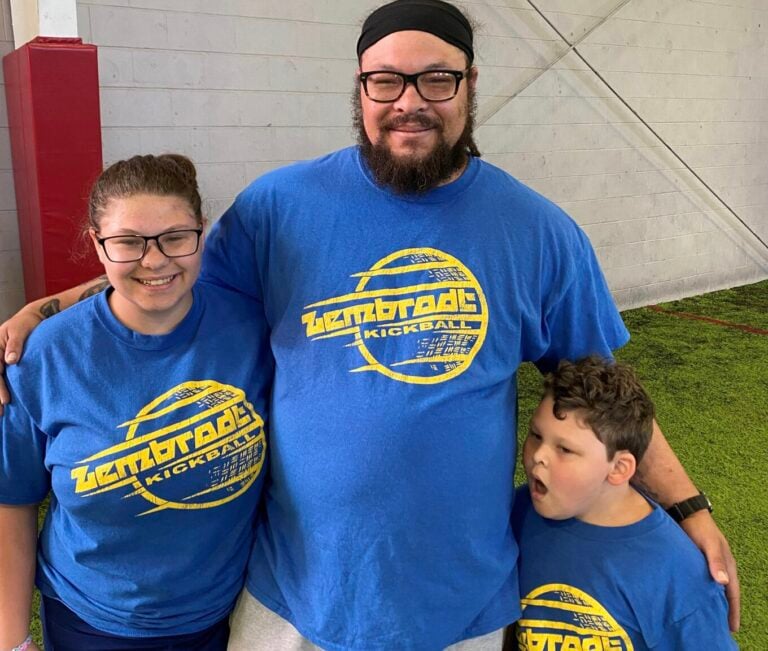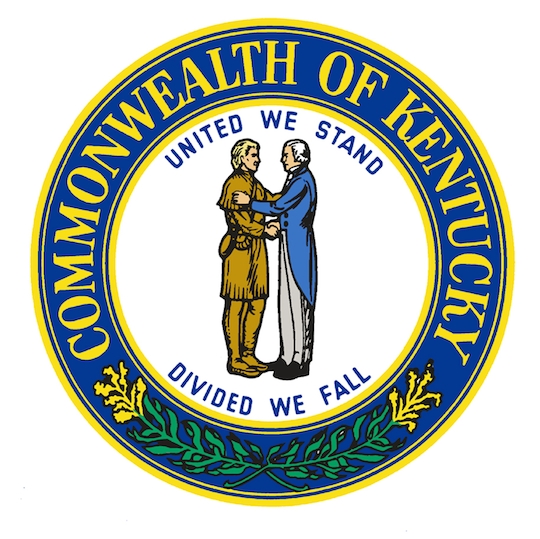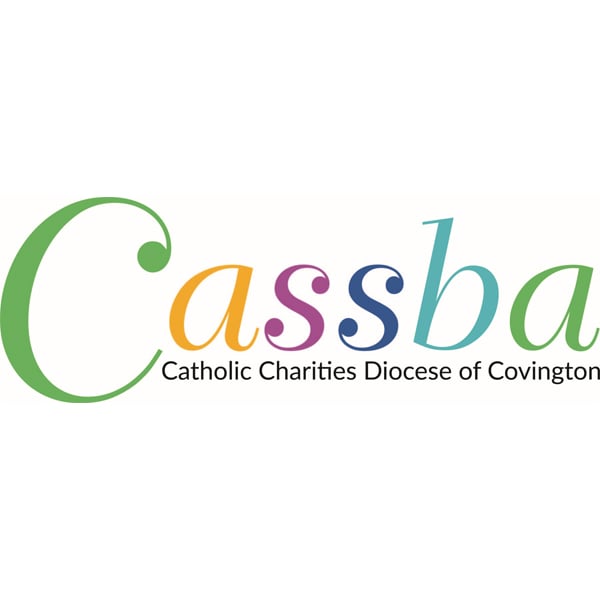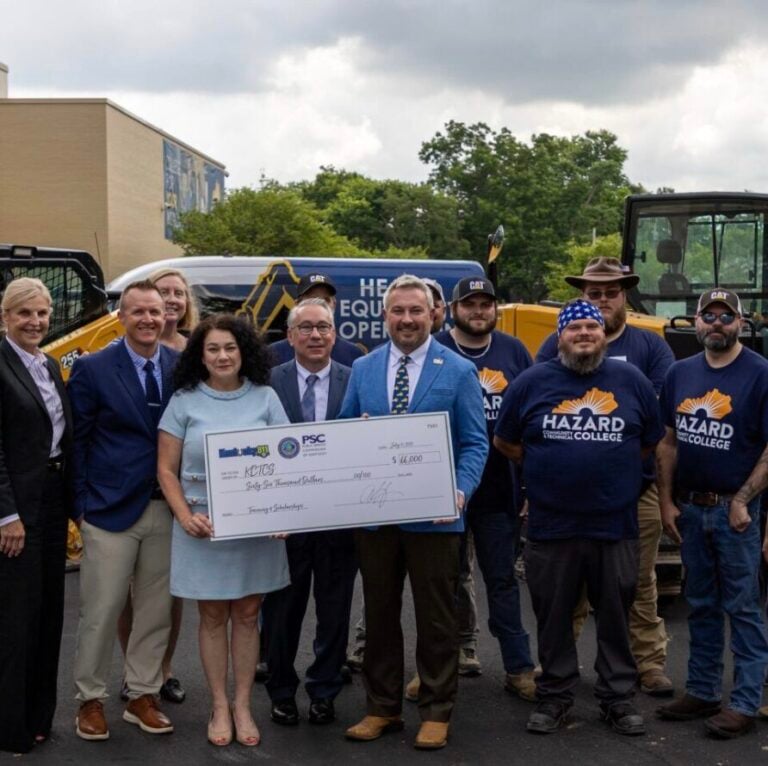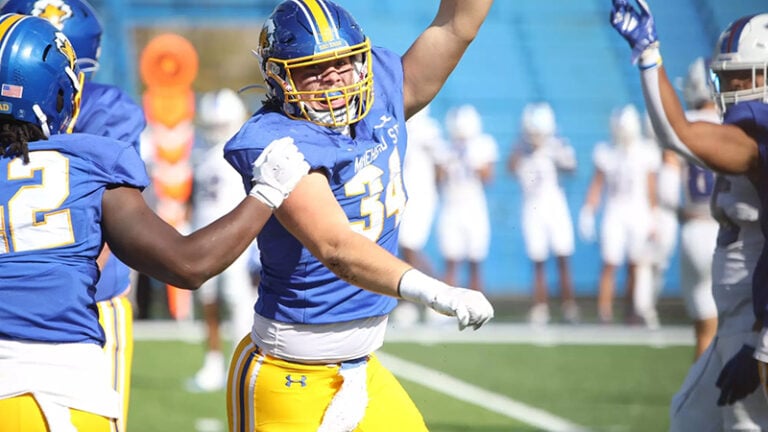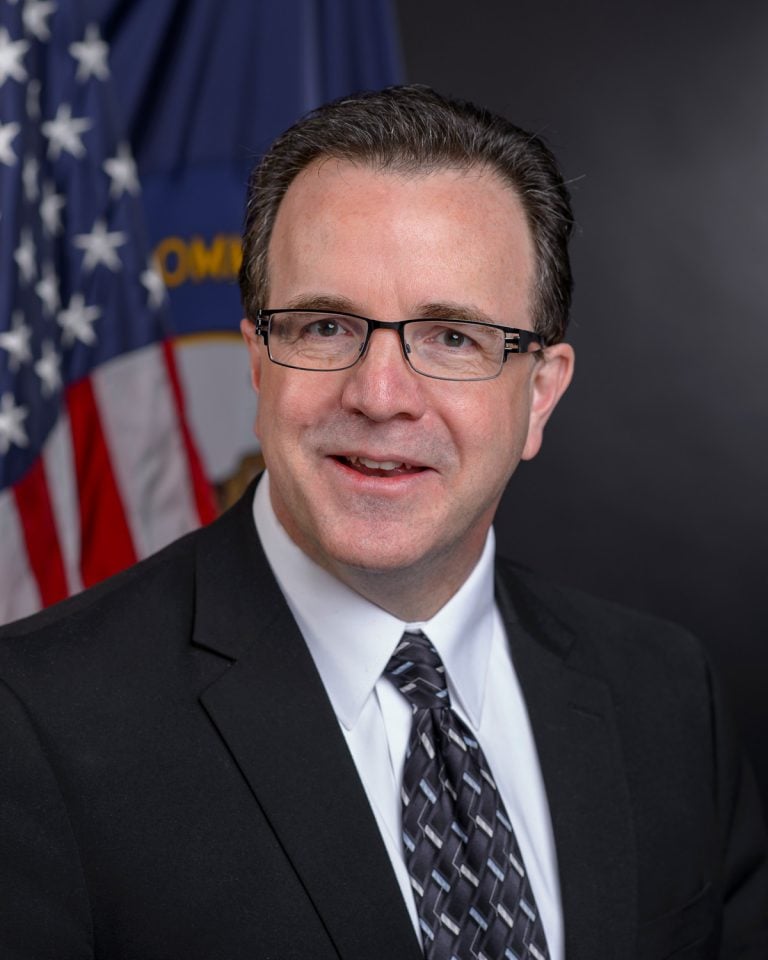By Paul A. Tenkotte, PhD
Special to NKyTribune
Robert D. Webster and Dr. James C. Claypool, A Tradition Reborn: From Old Latonia Race Track to Turfway Park Racing and Gaming—A 140-Year History (Privately printed, 2023). 282 pages.
Donald J. Sanders, The River: river rat to steamboatman, riding ‘magic river spell’ to 65-year adventure (Cincinnati, OH: Cincinnati Book Publishing/The Northern Kentucky Tribune, 2023). 264 pages.
Regional history is flourishing. There seems to be a human need to connect with place, whether you’re from that place, a transplant to it, or merely a visitor. One of the greatest poets of Japanese haiku, Matsuo Bashō (1644–1694), perhaps expressed it best: “Everyday is a journey, and the journey itself is home.”
Bashō reminds us that life — for places and people alike — is a journey, filled with expectations, disappointments, successes, and continual reaffirmation, redefinition, and rebirth. In A Tradition Reborn: From Old Latonia Race Track to Turfway Park Racing and Gaming—A 140-Year History, authors Robert D. Webster and Dr. James C. Claypool are our tour guides on a fascinating journey about horse racing. Both Claypool and Webster are seasoned authors and historians, experts on horse racing, and models of camaraderie and collegiality.

Webster has authored: A Brief History of Northern Kentucky; The Beverly Hills Supper Club: The Untold Story Behind Kentucky’s Worst Tragedy; The Balcony is Closed: Northern Kentucky’s Long-Forgotten Neighborhood Theaters; and Northern Kentucky Fires: A Summary of the Most Memorable Fires of the Region. In addition, he has been a contributor to The Encyclopedia of Northern Kentucky and to articles in Northern Kentucky Heritage Magazine.
Claypool is Professor Emeritus of History at Northern Kentucky University (NKU), where he holds the distinction of having been NKU’S first full-time employee. Co-editor of The Encyclopedia of Northern Kentucky and of Gateway City: Covington, Kentucky, 1815-2015, Dr. Claypool has also authored: The Tradition Continues: The Story of Old Latonia, Latonia, and Turfway Racecourses; Kentucky’s Bluegrass Music; Rascals, Heroes, and Just Plain Common Folk; and Kentucky’s Patriot Doctor: The Life and Times of Alvin C. Poweleit. Claypool’s erudite and diverse interests make him a very popular speaker regionally, from the Kentucky Derby to cruise boats on the Ohio.

In his Foreword to A Tradition Reborn, Steve Cauthen (a Hall of Fame and Triple-Crown-winning jockey from Walton, Kentucky) writes, “Always on the cutting edge, Latonia/Turfway Park produced the $2 bet, the largest United States mutuel payout ever, and the nation’s first sports book” (p. i). As Cauthen also notes, the more than 200 illustrations of the book help to relay the captivating story of Latonia/Turfway.
Old Latonia Race Track featured a wooden grandstand and a clubhouse. Located along the Louisville and Nashville Railroad tracks in the Latonia neighborhood of Covington, it opened in June 1883. By the late 1880s, the grandstand was rebuilt in iron and stone, the number of stables grew to 700, and “the Latonia Derby was the biggest horse race in the country, much bigger than the Kentucky Derby in Louisville” (p. 13).

Horseracing in Kentucky even gave a name to the highways connecting the state’s most noted tracks. The 3-L (LLL) Highway referred to Louisville, Lexington, and Latonia. Louisville’s Churchill Downs, Lexington’s Association Track, and Latonia were the points of the 3-L triangle (p. 14).
A victim of the Great Depression and other factors, old Latonia Race Track closed in 1939. The rebirth of a new Latonia Race Track emerged “during a meeting at Ben Castleman’s White Horse Tavern in Park Hills” (p. 46). The $5 million Latonia Race Track opened on August 1959 in Florence, in Boone County, Kentucky.
The new Latonia had its share of successes and disappointments. Most surprisingly, the track became associated with Las Vegas (formerly Northern Kentucky) mafia connections, as detailed on pages 69-72, and following.
Sold to regional investors in 1986, Latonia was renamed Turfway Park. The new owner unveiled a simulcasting operation called the Race Book that — pardon the pun — “changed the course” of betting worldwide. In 1999, Keeneland Association purchased Turfway.
The advent and massive growth of casino gambling nationwide provided new competition for Turfway and other race tracks nationwide. In 2012, Rock Gaming “acquired 40 percent ownership of the struggling Turfway Park from Keeneland, leaving the Lexington, Kentucky, track with just 10 percent. Caesar’s Entertainment held the other 50 percent” (p. 164). Despite hopes that new investment into the aging facility might occur, the track continued to decline.
In 2015, “bankrupt Caesar’s Entertainments sold off its interests to Rock Ohio Ventures, making Rock Ohio the majority owner of the track” (p. 181). Later renamed Jack Entertainment, this corporation owned and operated casinos, including the Jack Casino in downtown Cincinnati. That same year, the Kentucky Racing Commission allowed historical racing machines (HRM) at Turfway, but unfortunately the track did not pursue their installation.
In 2019, Hard Rock Entertainment purchased JACK Casino in Cincinnati, as well as Turfway Park.
Meanwhile, Churchill Downs “announced they were asking the Kentucky Racing Commission to revoke all of Turfway’s racing dates,” as well as “plans to build a ‘New Latonia’ racetrack somewhere in Northern Kentucky” (p. 191). Later that same year, Churchill Downs purchased Turfway Park.
Under Churchill Downs ownership, the track was updated with a “$5.6 million Tapeta synthetic track,” (p. 207) and broke ground for the new $145 Turfway Park Racing and Gaming at its Florence site. In 2020, Churchill opened Newport Racing and Gaming in the old Newport Shopping Center in Newport, Kentucky. And in 2022, the new Turfway premiered.
In A Tradition Reborn: From Old Latonia Race Track to Turfway Park Racing and Gaming — A 140-Year History, Webster and Claypool offer an up-to-date, factual and fascinating history of the Latonia/Turfway parks.
Copies of the book can be purchased here.

Captain Don Sanders’ The River
A different kind of journey is explored in Captain Donald J. Sanders’ The River: river rat to steamboatman, riding ‘magic river spell’ to 65-year adventure. This book is a sampling of the more than 235 columns that Sanders wrote and published for the Northern Kentucky Tribune.
Sanders began his lifelong love of, and career with, rivers “at the tender age of 10 when he worked for his evening meal on a classic 52-wooden houseboat docked at a marina near his home in Covington,” Kentucky (p. 4). He worked on the legendary Delta Queen steamboat, moving from night watchman, to a license First mate, and to Alternate Master. Retiring in 2012, he purchased the Clyde, “a small 50-foot paddlewheeler built in 1870” (p. 4).
Sanders’ vignettes provide intriguing tidbits of old Covington and Newport history — of his father’s job as a policeman in charge of the Traffic bureau, of the era of pre-expressway traffic congestion, even of a segregated society where “colored’ men and women from Cincinnati” frequented the Bridge Café in Covington, then managed by Walter Hoffmeier (pp. 8-9). Hoffmeier was born on a shantyboat on the Licking River. Owner of the 52-foot-long houseboat docked at the old Newport Yacht Club, the PAL-O-MINE, Walter would introduce Sanders to a lifelong love of the river.
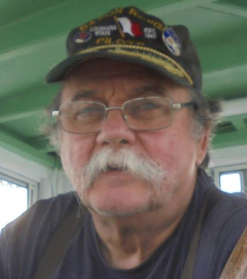
Sanders recounts many elements of the river and its people before Markland and other high-lift dams were built, including the old “wicket dams” (p. 27), the Steamer Avalon (now the Belle of Louisville, pp. 32-36), Captain John Beatty (pp 64-67), shantyboats (pp. 138-140), and Captain Fred Way (pp. 195-196). Sanders’ purchase of, and adventures aboard, the Clyde are recounted on pages 211-227 and 256-264.
Sanders’ book is a potpourri of engaging prose, entertaining stories, important history, and fascinating photographs.
The River is now available for online purchase at kycpsj.com. You can find The River locally at all Roebling Books locations, as well as these other outlets: Behringer-Crawford Museum gift shop and the St. Elizabeth Healthcare Gift shops.
Paul A. Tenkotte, PhD is Editor of the “Our Rich History” weekly series and Professor of History and Gender Studies at Northern Kentucky University (NKU). He also serves as Director of the ORVILLE Project (Ohio River Valley Innovation Library and Learning Enrichment), as well as Editor of the forthcoming ORVIE (Ohio River Valley Innovation Explorer), premiering in Summer 2024. ORVIE is now recruiting authors for entries on all aspects of innovation in the Ohio River Watershed including: Cincinnati (OH) and Northern Kentucky; Ashland, Lexington, Louisville, Maysville, Owensboro and Paducah (KY); Columbus, Dayton, Marietta, Portsmouth, and Steubenville (OH); Evansville, Madison and Indianapolis (IN), Pittsburgh (PA), Charleston, Huntington, Parkersburg, and Wheeling (WV), Cairo (IL), and Chattanooga, Knoxville, and Nashville (TN). If you would like to be involved in ORVILLE or ORVIE, please contact Paul Tenkotte at tenkottep@nku.edu.







